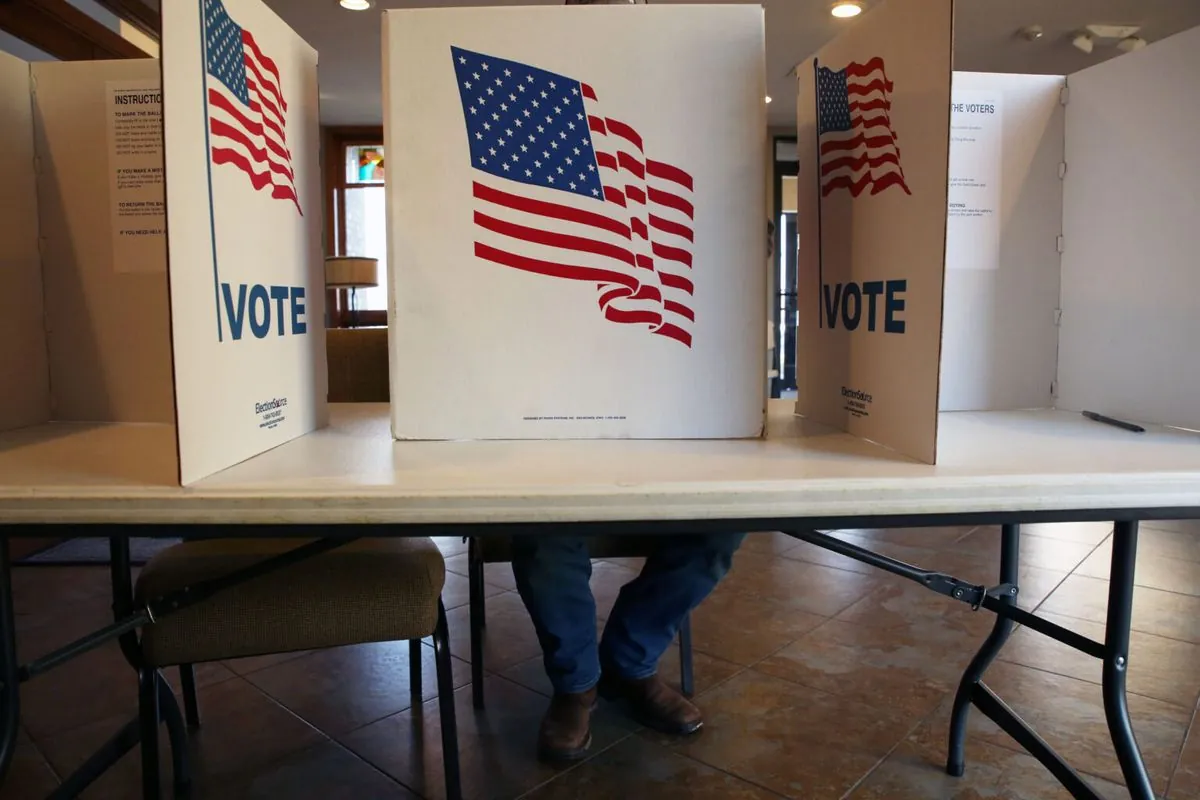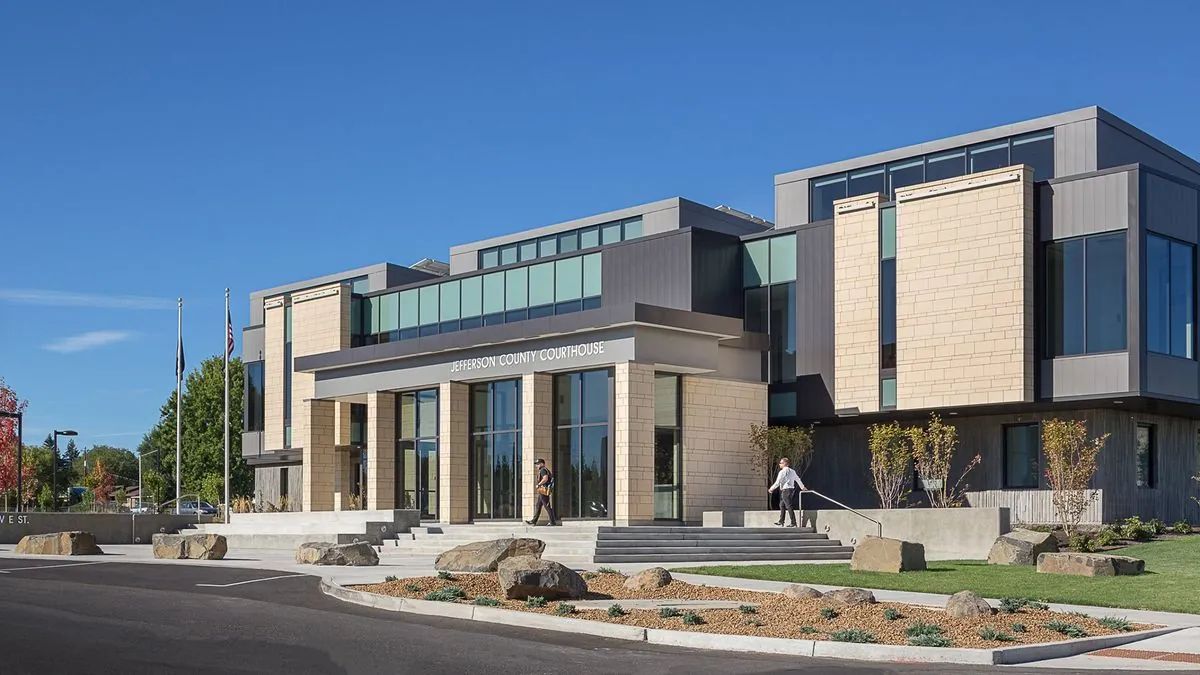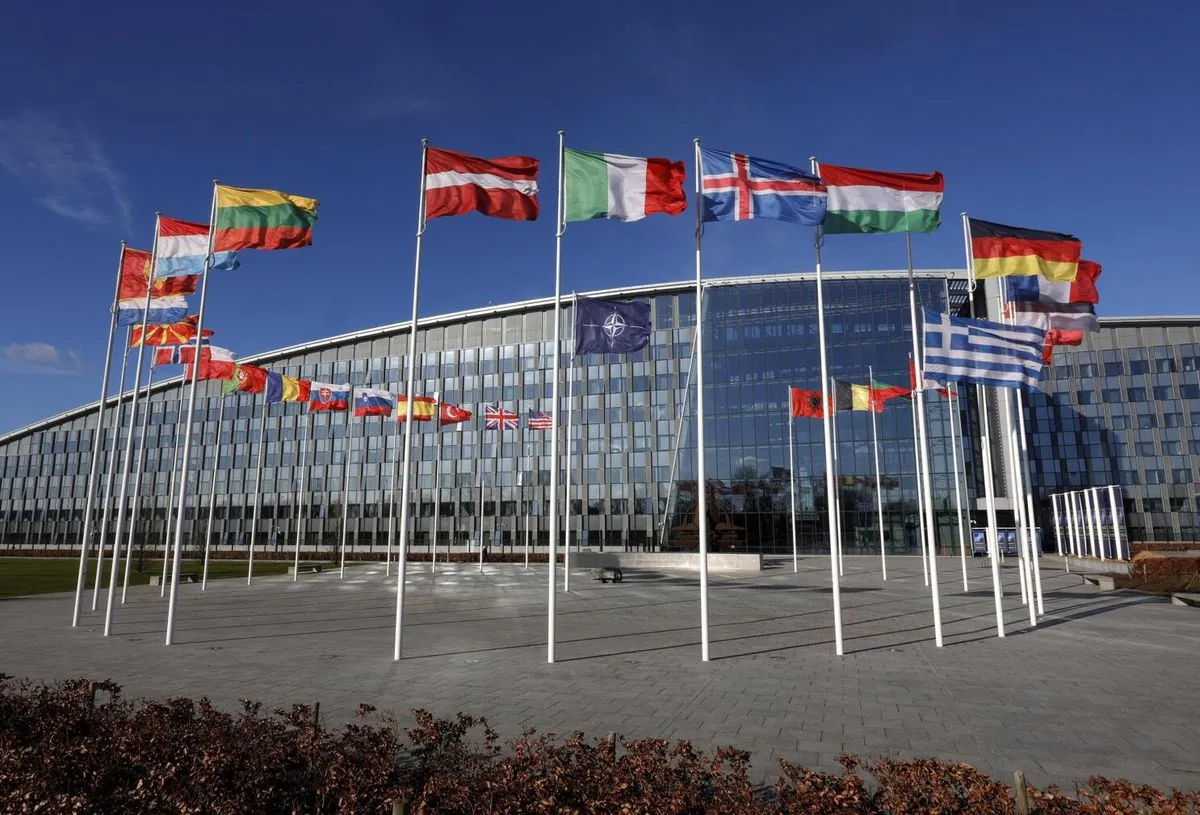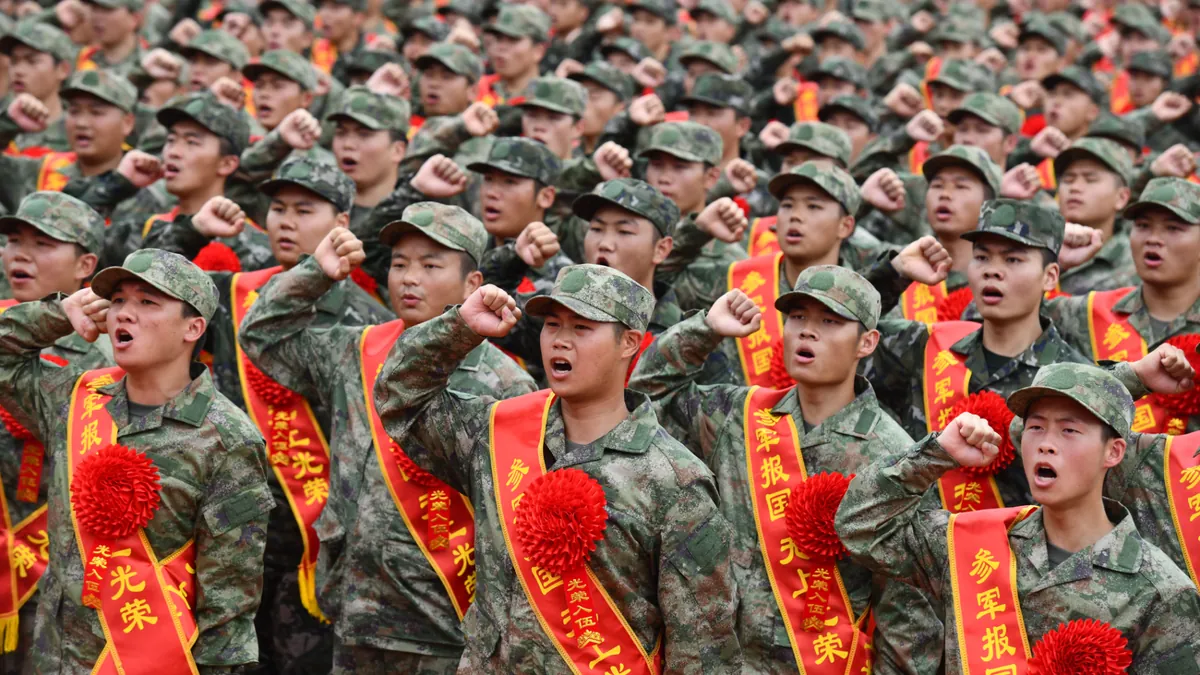Mexico's Top Court to Review Controversial Judicial Election Reform
Mexico's Supreme Court agrees to examine the constitutionality of a recent judicial reform introducing popularly elected judges. The review will focus on potential impacts on judicial independence.
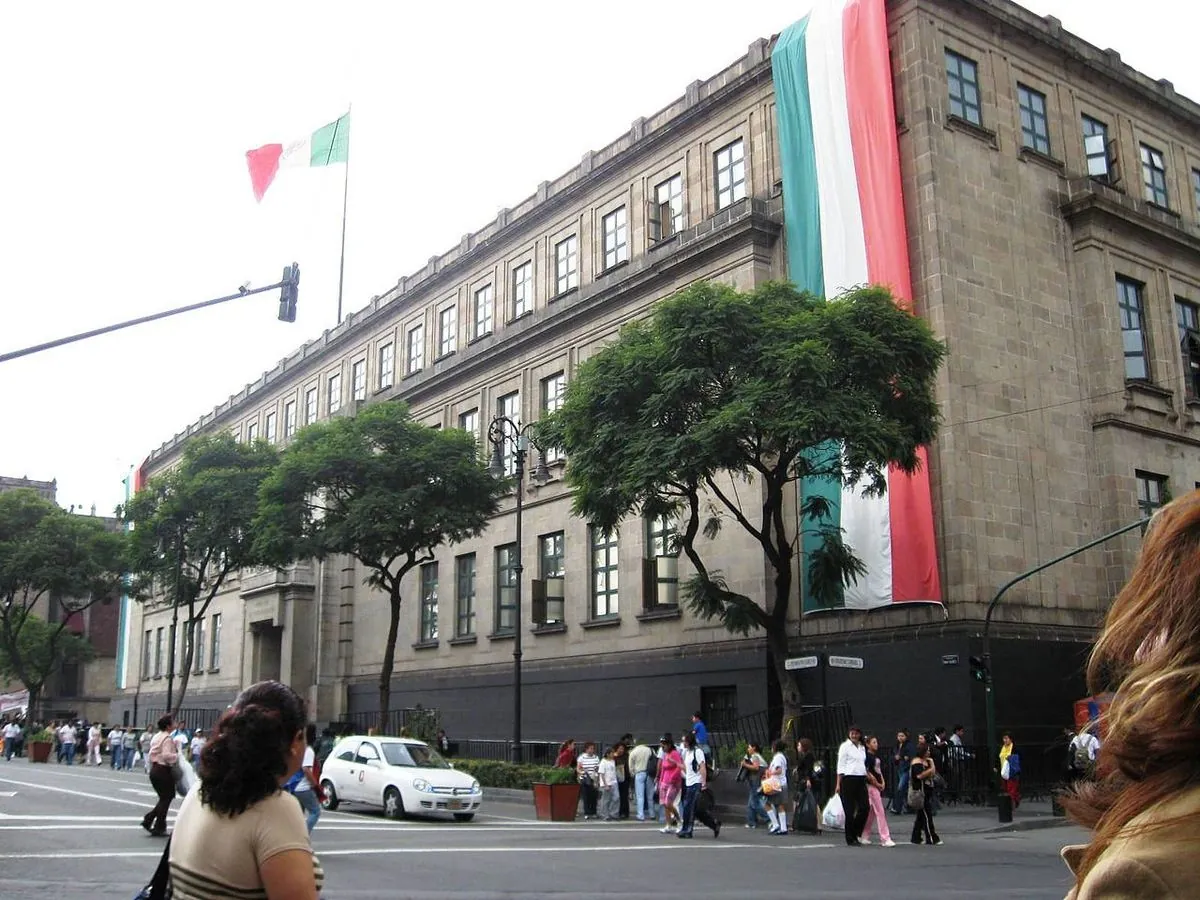
In a significant development, Mexico's Supreme Court has decided to evaluate the constitutionality of a recent judicial reform that introduces popular elections for judges. The court's decision, made on October 3, 2024, opens the door to challenges against this sweeping change in the country's legal system.
The reform, approved by a two-thirds majority of lawmakers in September 2024, aims to transition Mexico to a system of popularly elected judges over the next few years. This move has sparked debate about its potential impact on judicial independence, a cornerstone of democratic governance.
With eight votes in favor and three against, the Supreme Court declared itself competent to rule on whether the reform affects the independence of the courts. This decision marks a crucial step in the ongoing discussion about the balance of power in Mexico's judicial system.
Judge Margarita Rios clarified the court's position, stating, > "This is only to determine how to proceed in the analysis of the concerns that the magistrates have raised with us." She emphasized that there was no legal impediment to conducting this analysis.
The Supreme Court, established in 1824, plays a vital role in Mexico's legal landscape. As part of a three-tiered federal court system, it has the power of judicial review and can invalidate laws that violate the constitution. This authority underscores the importance of the court's decision to examine the recent reform.
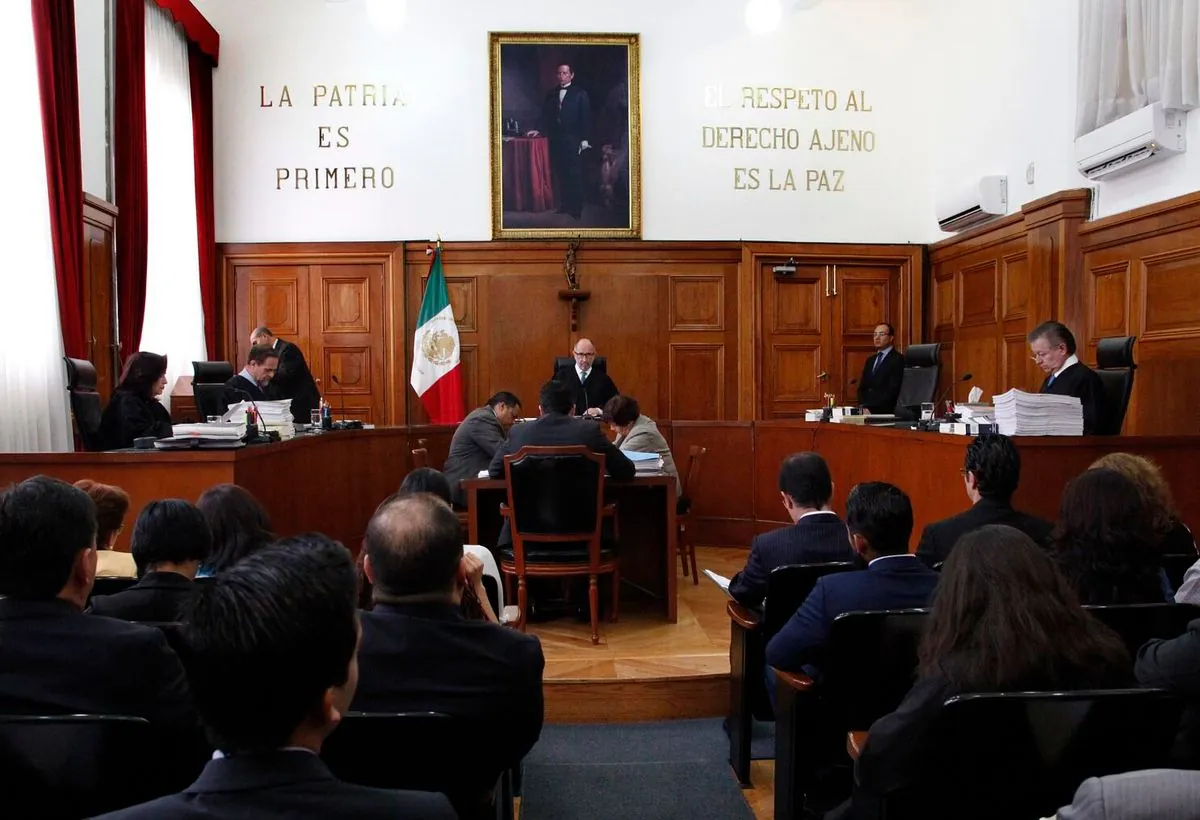
The ruling Morena party and its allies have championed the measure as an improvement to the current judicial system. This support follows their landslide election victory in June 2024, which has reshaped the political landscape in Mexico.
However, the reform has faced opposition from within the judiciary. Judges Yasmin Esquivel, Loretta Ortiz, and Lenia Batres, all considered close to the ruling party, argued against the court's involvement. Esquivel remarked, > "All change involves resistance and produces in us a natural desire to preserve our comfort zone."
The upcoming elections, scheduled for June 2025, will see the replacement of all nine Supreme Court judges and an increase in their number to eleven. Additionally, voters will elect members of an electoral tribunal and half of the country's magistrates and district judges. This extensive overhaul of the judiciary is unprecedented in Mexico's recent history.
Mexico's legal system, a mix of US constitutional theory and civil law traditions, has undergone significant changes since the enactment of its constitution in 1917. The current reform is part of a broader judicial reform process that began in 2008, aimed at improving transparency and efficiency in the legal system.
As the Supreme Court prepares to analyze the reform, it will draw upon its extensive experience in resolving constitutional controversies. The court has previously issued landmark decisions on various issues, including same-sex marriage, demonstrating its crucial role in interpreting human rights in Mexico.
The analysis process is expected to conclude by November 30, 2024, according to a Supreme Court source. This timeline allows for a thorough examination of the reform's implications before the scheduled elections in June 2025.
The outcome of this review could have far-reaching consequences for Mexico's judicial system, which has faced challenges related to corruption and inefficiency. As the least influential of the three branches of government, the judiciary's independence is crucial for maintaining checks and balances in the Mexican political system.
As Mexico navigates this significant change in its legal landscape, the Supreme Court's decision will be closely watched by legal experts, politicians, and citizens alike. The review process represents a critical juncture in the country's ongoing efforts to strengthen its democratic institutions and ensure the rule of law.































